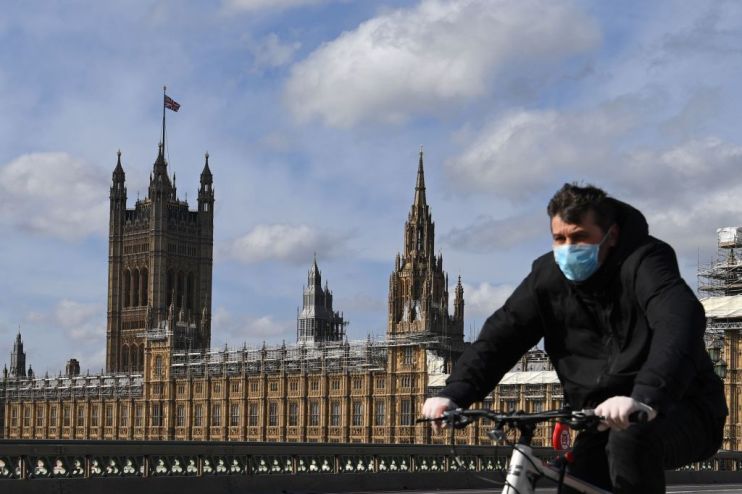How dare the government turn on the self-employed now

Twice this week, reports have emerged that the Treasury is considering drastic tax hikes on the self-employed: first, increases in corporation tax (hitting the UK’s 715,000 sole directors of limited companies), and second, the equalisation of self-employed and employee National Insurance Contributions.
The justification? The support the self-employed got during coronavirus.
Given how many people couldn’t access that support, this is a bitter pill to swallow to say the least.
But let’s start with the big question: why shouldn’t the self-employed pay the same NICs as employees?
First, thanks to dividend tax increases in recent years, the difference between employee and self-employed tax is less than you might think.
Second, if there is a tax difference between employees and the self-employed, it’s because there is a security and risk difference too. Unlike employees, the self-employed don’t have the stability of knowing they’ll always have work the next day. They take on the risk and instability for businesses — and pay a little less tax as a result.
That’s the background, now let’s consider this argument about paying for support. Back in March, Rishi Sunak gave an ominous warning that: “If we all want to benefit from state support, we must all pay equally in future.”
Aside from the unfairness of pushing up taxes on no-rights self-employed, it’s simply not true that all self-employed got state support. In fact, at least 1.5 million self-employed fell through the gaps in the extremely patchy support package — with devastating financial consequences for many.
Making forgotten freelancers pay for support they never got: is this what will count as fair in chancellor Sunak’s post-Covid tax system?
Not only is this suggestion deeply unfair — it’s also uneconomical.
Usually in recessions, you expect to see a surge in self-employment as companies urgently call in flexible expertise. That’s what happened after 2008, and the numbers kept rising. In fact, from 2008 until the start of this year, the number of self-employed rose by 31 per cent from 3.8 million to five million. It consistently rose every year — until 2020, that is. This terrible year of firsts saw the biggest drop in the number of self-employed on record: 238,000 in the second quarter.
Self-employed numbers have fallen sharply for several reasons. Lockdown has hit them particularly hard: our research shows that two thirds saw a drop in demand for work and the average self-employed person has seen a 25 per cent drop in income. The hit has been much harder for some and, early in the lockdown, 48 per cent of limited company directors (most of whom got very little support) said they worried they would have to close their businesses if they did not get financial aid.
Add to this the fact that many freelancers are worrying about changes to IR35 tax law (now due in April 2021), and the reasons for the slump in self-employment become much clearer. This government’s decisions have led to a self-employed sector that, far from gearing up to power economic recovery, is crumbling and afraid for its future.
In this context, for the government to hit the damaged self-employed sector with steep tax rises now would be both unjust and uneconomical. It must reconsider.
Main image credit: Getty